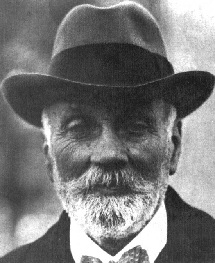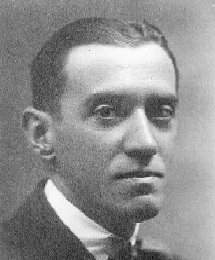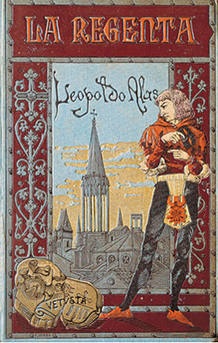
"Vetusta" is the name Clarín gave to Oviedo in his masterpiece, La Regenta. This name evokes an ancient, provincial city anchored in moral immobility, where religious hypocrisy and hidden passions dominate social life.
Why "Vetusta"?
- Derived from the Latin vetus (old), reflecting the oppressive and decadent atmosphere of 19th century Oviedo.
- Clarín criticizes religious fanaticism, political corruption and the idle bourgeois environment of the city.
- Represents social immobility and the double standards of the time.
Iconic places in La Regenta:
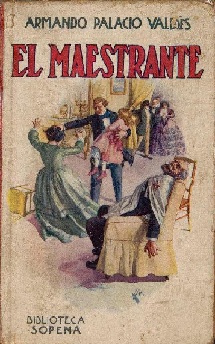
Palacio Valdés called Oviedo "Lancia" in his novel El Maestrante. This symbolic name refers to an ancient Astur-Roman city and serves to represent a city in transformation, caught between the rigid forms of the past and the winds of change in the present.
Why "Lancia"?
- Represents a provincial city with classical echoes, full of history, pride and oppressive social norms.
- Allows him to criticize Oviedo's customs without naming it directly, from a literary and satirical perspective.
- Evokes Asturias' historical heritage while criticizing its social conventions.
Key themes:
- Tension between the individual and social conventions.
- Criticism of the city's closed and elitist environment.
- Conflict between titled nobility and personal authenticity.
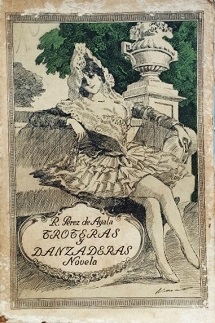
Pérez de Ayala referred to his hometown as "Pilares" in several works, highlighting its cultural and university heritage.
Why "Pilares"?
- Alludes to pillars, as a symbol of historical solidity.
- Represents the city's intellectual and artistic life, in contrast with Vetusta's provincialism.
- Reflects a more cosmopolitan Oviedo linked to the Generation of '14.
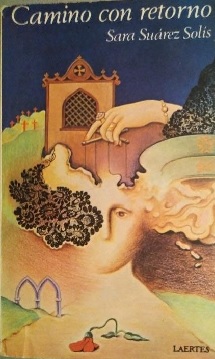
Sara Suárez Solís named Oviedo as "Fontán" in her stories, taking the name from the city's most traditional and popular square.
Why "Fontán"?
- Homage to the traditional and commercial atmosphere of Fontán, heart of the most authentic Oviedo.
- Highlights everyday life, markets and Asturian customs.
- Presents an affectionate and popular vision, far from Clarín's critical tone.
Oviedo, a city with many names
Each literary nickname reveals a different facet of Oviedo:
- Vetusta: Social criticism and moral decay.
- Lancia: Rural nostalgia and social tensions.
- Pilares: Intellectual and university tradition.
- Fontán: Popular life and traditional customs.
These names, more than simple fictions, are testimonies of the historical and cultural evolution of a city that has inspired great pens of Spanish literature.
Want to learn more?
- Literary route through Oviedo: Visit the settings of La Regenta or Fontán.
- Recommended readings:
Oviedo is not just a city, it's a literary character!





